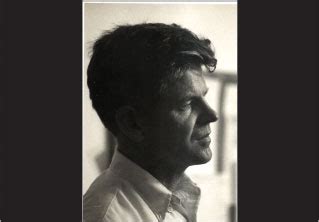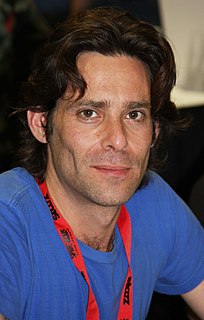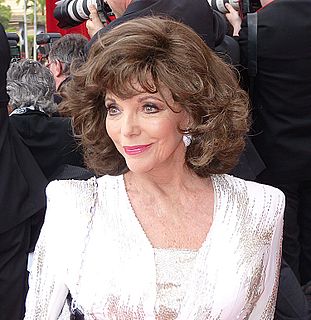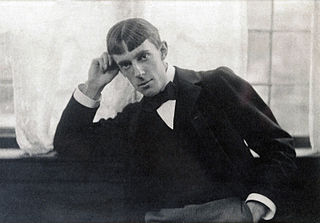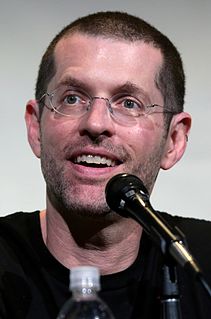A Quote by Frederick Lenz
In high school I was drawn to the study of literature, poetry Shakespeare, contemporary fiction, drama, you name it - I read it.
Related Quotes
In high school, in 1956, at the age of sixteen, we were not taught "creative writing." We were taught literature and grammar. So no one ever told me I couldn't write both prose and poetry, and I started out writing all the things I still write: poetry, prose fiction - which took me longer to get published - and non-fiction prose.
Literature cannot develop between the categories "permitted"—"not permitted"—"this you can and that you can't." Literature that is not the air of its contemporary society, that dares not warn in time against threatening moral and social dangers, such literature does not deserve the name of literature; it is only a facade. Such literature loses the confidence of its own people, and its published works are used as waste paper instead of being read. -Letter to the Fourth National Congress of Soviet Writers
I've been acting for years and years, at prep school - school plays, that kind of thing. That was always very high on my agenda. I went to study English for two reasons. Principally because when I was in university, studying drama wasn't considered an option. You couldn't get a degree course for it. And so many plays and things that I was interested in landed themselves in a broader spectrum of literature.
What is so weird is that young people who want to be 'celebrities' do not want to put in the hard work. They don't want to do the training, go to drama school, read Shakespeare, try different accents and study technique. They just want to be famous. It is not just in England; it's the same in America and all over Europe.
'Confederate,' in all of our minds, will be an alternative-history show. It's a science-fiction show. One of the strengths of science fiction is that it can show us how this history is still with us in a way no strictly realistic drama ever could, whether it were a historical drama or a contemporary drama.






